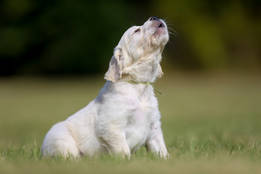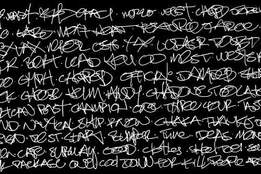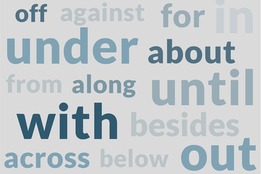You know what it looks like… but what is it called?
TAKE THE QUIZ
: any member of a class of words that typically can be combined with determiners (see determiner sense b) to serve as the subject of a verb, can be interpreted as singular or plural, can be replaced with a pronoun, and refer to an entity, quality, state, action, or concept
Love words? Need even more definitions?
Merriam-Webster unabridged
-

- Which of the following best describes an easily irritated person?


A daily challenge for crossword fanatics.
TAKE THE QUIZ




 Seth Borenstein, ajc, 19 Nov. 2022
Seth Borenstein, ajc, 19 Nov. 2022 

















Share